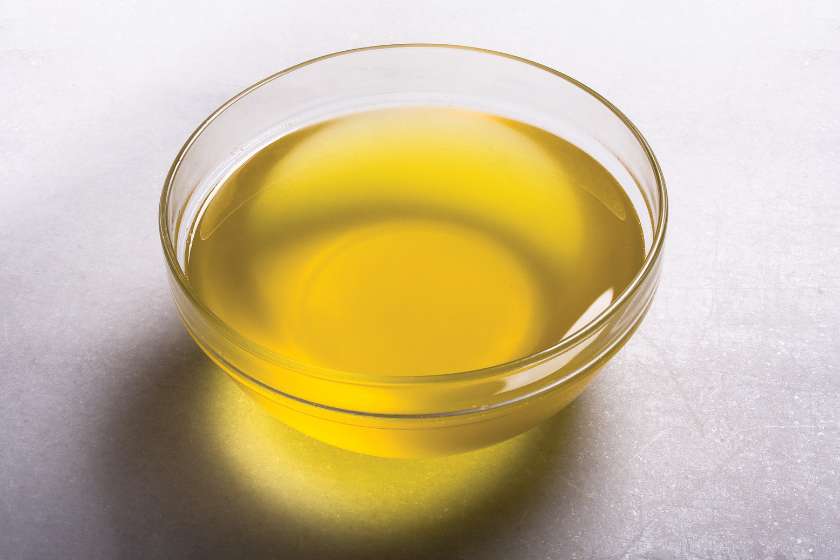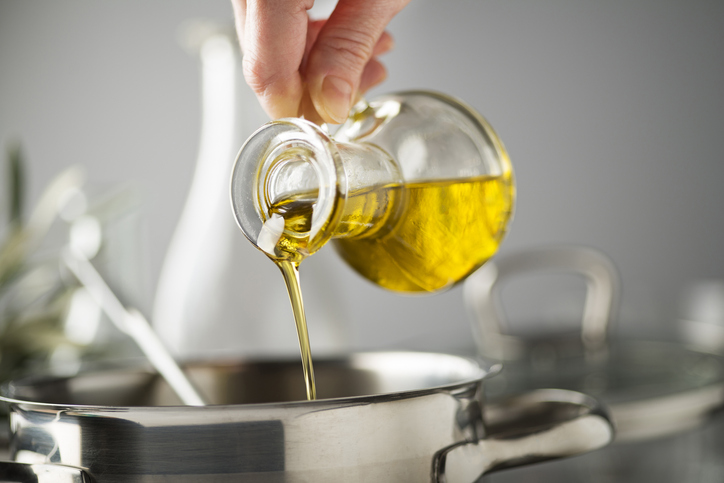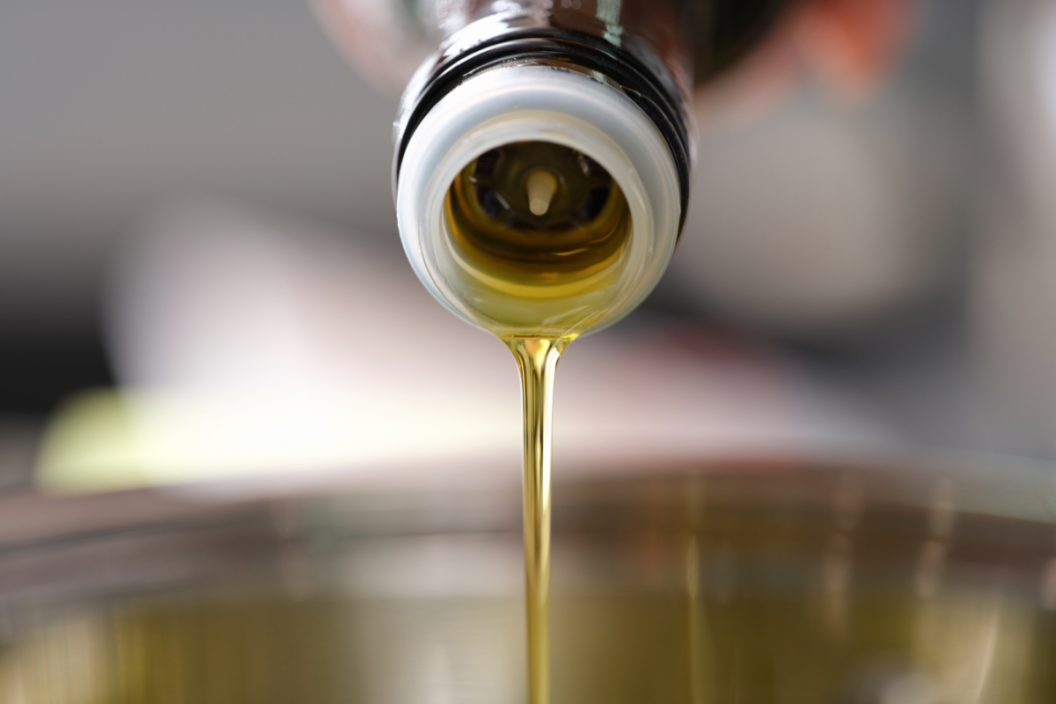The world of oil is a confusing one. Olive oil, vegetable oil, safflower oil, canola oil—what's the difference? Are certain oils used for certain applications, certain foods, or something else? Can they be interchanged in recipes without altering the texture or taste of a dish? Why are some so much cheaper than others? Can you reuse oil after frying or sautéing? We've had all of these questions, so we know you have to as well. Let's start with the basics: what is canola oil, and if you don't have it, what makes for a good canola oil substitute?
Videos by Wide Open Country
What is Canola Oil?

Canola oil is the oil made from pressed canola seeds. It's a type of vegetable oil processed specifically for culinary use. The canola plant is closely related to the rapeseed plant, which both belong to the cabbage or mustard family. Canola oil is often used in the kitchen because of its high smoke point, neutral taste, and low price point—you can heat the oil to north of 400 degrees F before it begins to degrade. This makes it excellent for high-heat cooking, such as sautéing, deep-frying, stir-frying, and grilling. Oils with low smoke points, such as avocado oil and grapeseed oil, are better used as finishing oils or in salad dressings.
While consumers have questions and health concerns about all fats these days, Harvard Healthline assures readers that, "Canola oil is a safe and healthy form of fat that will reduce blood LDL cholesterol levels and heart disease risk compared to carbohydrates or saturated fats such as found in beef tallow or butter."
What's the Best Canola Oil Substitute?

Getty Images
Whether you're simply out of your usually canola standby or looking to switch it up, there are a number of fats that canola can be easily swapped out within a recipe. But what you're using the oil for should dictate the substitute you choose.
Vegetable Oil
Vegetable oil is a preferred swap for baking recipes. It retains a neutral flavor that tastes similar to canola oil and other alike cooking oils. After all, vegetable oil is a generic term for a plant-based oil that retains liquidity at room temperature. Oil labeled "vegetable oil" at the grocery store can contain a mixture of soybean oil, corn oil, safflower oil, and even canola oil. That means when you sub vegetable oil for canola, you're often subbing canola oil for itself.
Olive Oil
Olive oil is another good substitute, especially when sautéing and pan-frying. Although it is more flavorful than canola oil (and will therefore affect the taste of the dish), it offers health benefits such as improving heart health. However, be sure to use regular olive oil, not extra-virgin olive oil, as the latter has a much lower smoke point and cannot stand up to the high temperatures on the stovetop.
Peanut Oil
If a recipe calls for canola oil when deep-frying, it is likely because the writer is trying to save you money. There are many types of oil you can fry in, and canola is often the least expensive. However, if you're willing to spend a little extra money and add a little taste to the dish, peanut oil is an excellent alternative.
Those with peanut allergies should not fret; most peanut oils have been processed in a way that removes the allergen from the oil. Be sure to steer clear of unrefined or cold-press peanut oils, however, as they still contain the protein which causes allergic reactions.
Applesauce
In the interest of including a non-oil substitute on the list, applesauce (or even a crushed banana) can be substituted if need be. It will change the texture and flavor but might be what you're looking for instead of a fat-laden dish.




